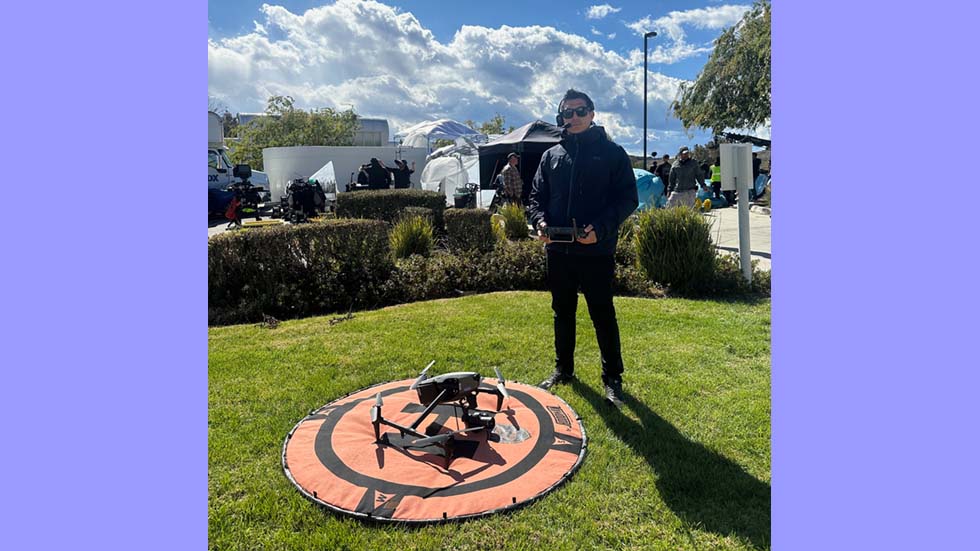Obama Signs Spectrum Auction Authority Bill
WASHINGTON: TV spectrum can officially go on the auction block. President Obama has signed the bill authorizing the Federal Communications Commission to hold incentive auctions to coax broadcasters to give up their piece of the airwaves. The ‘‘Middle Class Tax Relief and Job Creation Act of 2012” empowers the FCC to “encourage a licensee to relinquish voluntarily some or all of its licensed spectrum usage rights” to make way for wireless broadband. Broadcasters who do so will get a to-be-determined portion of the auction proceeds.
The bill directs the FCC to hold a reverse auction “to determine the amount of compensation that each broadcast television licensee would accept in return for voluntarily relinquishing some or all of its broadcast television spectrum usage rights.”
“Relinquishment” in this case has three potential meanings--giving up broadcasting; giving up a UHF channel in return for a VHF reassignment; or vacating a UHF channel to share a 6 MHz assignment with another station. For those stations that elect channel-sharing, the bill provides the same carriage rights that now apply to TV signals. Licensees that participate in reverse auctions will be kept confidential.
Repacking is also covered in the bill, which directs the FCC to evaluate the spectrum made available through auctions, to coordinate with Mexico and Canada, and to then repack TV channels into the remaining spectrum. The language in the bill gives the commission some leeway on repacking with regard to signal replication.
“The commission shall make all reasonable efforts to preserve, as of the enactment date of this act, the coverage area and population served of each broadcast television licensee,” in accordance with the FCC’s measurement model, the Longley-Rice method.
The bill also stresses that there be “no involuntary relocation from UHF to VHF.” A total of $1.75 billion is to be set aside from anticipated auction proceeds for the channel repacking. Broadcasters who elect to forego relocation reimbursement can apply for a waiver of commission service rules in order to use the spectrum for something other than TV, as long as they’re providing at least “one broadcast television stream... at no charge to the public.” The commission is directed to make all reimbursements within three years of the completed forward auction.
Another $2 billion is designated to built out a first-responder wireless network on TV spectrum that failed to draw a minimum bid in 2008. The bill allocates spectrum, known as the D Block, for public safety, thereby taking it off the auction block. Up to $300 million from anticipated proceeds is tagged for relocating licensees on Ch. 37, which is designated for radio astronomy. The government expects to end up with around $15 billion from TV spectrum auctions after the set-asides. The sum is already calculated into offsetting $30 billion to extend unemployment benefits, also covered in the bill.
The auction cycle is to be completed by 2022. If it fails to raise enough money to cover the set-asides, there will be no license reassignments and no repacking.
The auction scheme was first set forth two years ago in the National Broadband Plan developed by the FCC under Chairman Julius Genachowski. The plan proposed to reallocate 20 broadcast channels for wireless broadband. The National Association of Broadcasters estimated that reducing the TV spectrum by 20 channels would knock 210 full-power stations off the air, and require 672 full-power and 3,423 Class A and low-power broadcasters to relocate. A total of 174 TV stations relocated during the digital transition, completed in 2009.
~Deborah D. McAdams
Get the TV Tech Newsletter
The professional video industry's #1 source for news, trends and product and tech information. Sign up below.
